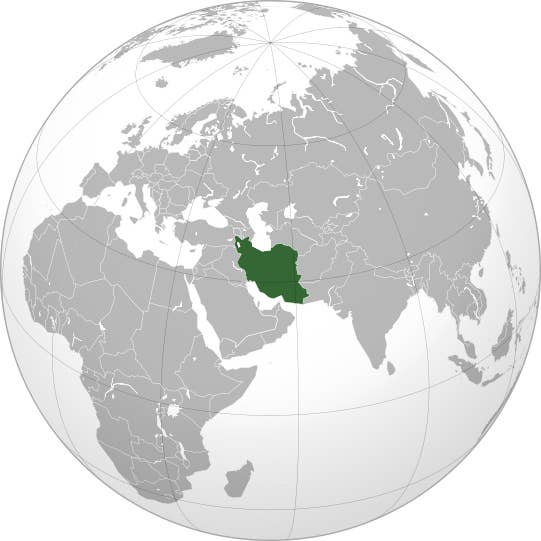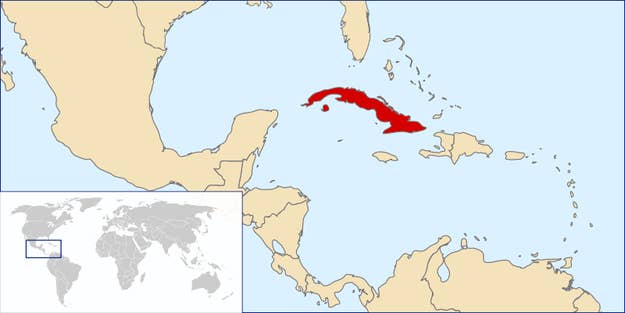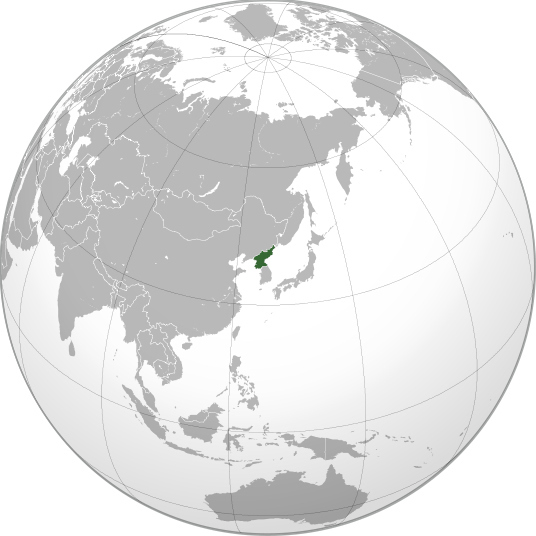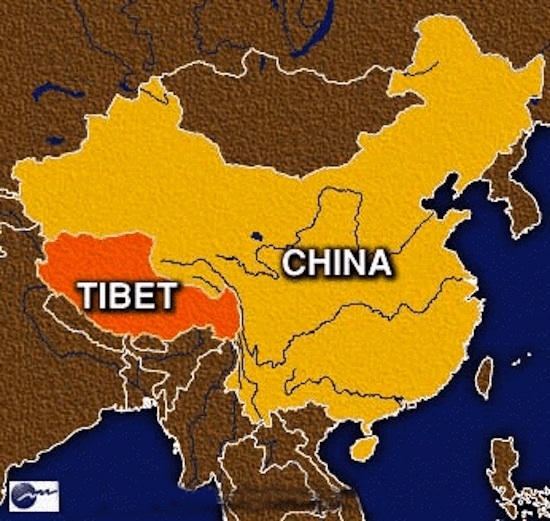1. Angola

2. Iran

3. Cuba

4. North Korea

5. Tibet

Earlier this week, the Chinese government forbade international tourism to an iconic region. But Tibet isn't the only off-limits tourist destination.

Angola, one of Africa's largest oil producers, as well as one of the world's poorest countries, is coping with the effects of a 27-year long war for independence that devastated its population and landscape. Tourism isn't easy either. Visas, which can take up to three months to arrive. To attain your visa and permission for entry, you must have proof of vaccination for yellow fever, two letters of invitation to Angola from within the country and a bank statement confirming that you have "proof of sufficient funds," at least $100 per day.

Iran, neighbor to Iraq, Afghanistan, and Pakistan, has a population of 79 million, and is home to one of the world's oldest civilizations. It became an Islamic republic in 1979, when Ayatollah Khomeini assumed power of the state along with a cabinet of religious clerics. In 2002, George W. Bush labeled Iran as an "axis of evil country" due to speculation that its government was commissioning the development of nuclear weapons. Due to sustaining international tensions, travel is very difficult. Iran does not have diplomatic representation in the USA. Therefore, those looking to attain a visa must visit the "Iranian Interests Section" of the Pakistani Embassy, and apply for a visa with the endorsement of someone inside of Iran petitioning for their acceptance. This challenge is often fruitless. But that's not all: the Iranian government has the right to "detain or imprison" travelers with visas for no disclosed reason.

Since the US-backed dictator Fulgencia Batista lost power to popular revolts in 1959, Cuba has been a one-party state led by communist leader Fidel Castro. In 2008, his younger brother Raul assumed leadership- meanwhile Cuba has survived over 40 years of US sanctions intended to cripple its prosperity. The United States forbids travel to Cuba, unless the traveler receives a special license (these are usually granted to visit family, study via special programs, or practice religion). While these are difficult to attain, travelers have been known to fly to Cuba from nearby countries- such as Mexico, Canada or the Bahamas- risking the penalties of American law.

North Korea emerged in 1948, amidst the chaos following World War II, and was led by Kim Il-sung for close to half of a century. The country, which is founded on a guiding principle of "self-reliance," is one of the few world governments under an officially communist government. Its recent policies of isolation and nuclear development have alienated world powers, and although dictator Kim Jong-il passed away in December of 2011, his successor Kim Jong-un has not ceded nuclear operations at the behest of major world powers. Like Iran, North Korea does not have formal representation in America. If you are looking to visit, the Swedish Embassy has been known to help adventurous US travelers, but unless you are traveling with a formal delegation, entrance is nearly impossible.
Also, check out these photo essays for a look inside the secretive modern life of North Korea.

Earlier this week, China announced a temporary bar against all foreign tourists to Tibet. The mainly-Buddhist territory, known as "the roof of the world," is claimed by powers in Beijing to be a Chinese territory, while the allegiances of many Tibetans lie with the Dalai Lama, their exiled spiritual leader. Most of Tibet's monastaries are said to have been destroyed during the Peoples' Revolution in the 1960s and 1970s. The Dalai Lama claims that over 1.2 million Tibetans have been killed under Chinese rule, a claim which the Chinese government disputes.
